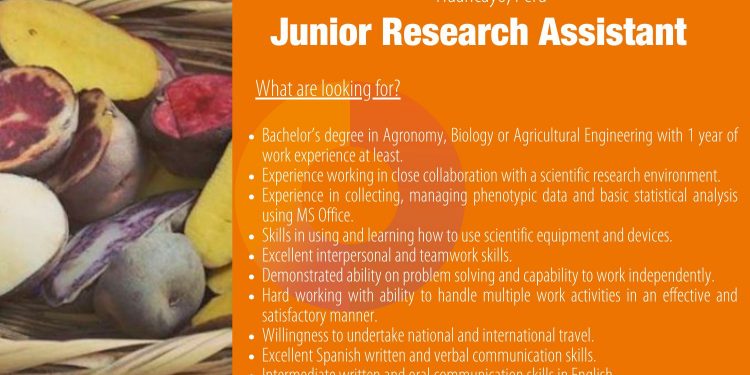Opportunities and Innovations from the International Potato Center (CIP) for Potato Breeding and Crop Development
The International Potato Center (CIP) is playing a pivotal role in advancing potato breeding through genetic improvement, a crucial component in addressing global food security. With a strong focus on research and innovation, CIP’s work is essential for developing potato varieties that are more resilient, productive, and sustainable, catering to the needs of farmers, agronomists, and the agricultural industry at large.
Advancing Genetic Improvement in Potato Breeding: Genetic improvement is at the heart of CIP’s potato breeding programs. By utilizing advanced breeding techniques, CIP aims to develop potato varieties that not only have higher yields but also improved resistance to diseases, pests, and environmental stresses. This is critical for ensuring that potato farming remains viable and productive in the face of climate change and other challenges.
CIP’s breeding programs are designed to address specific regional needs, recognizing the diverse climates and growing conditions where potatoes are cultivated. By focusing on both traditional breeding methods and modern biotechnological approaches, CIP enhances the genetic diversity of potato crops, which is key to achieving long-term sustainability and resilience.
Opportunities for Emerging Researchers: CIP is also committed to fostering the next generation of agricultural scientists. The organization is actively seeking Junior Research Assistants with a passion for genetic and crop improvement. This role is an opportunity for young professionals to contribute to groundbreaking research in potato breeding, working alongside experts in the field to develop innovative solutions that can have a lasting impact on global agriculture.
Conclusion: The work being done by the International Potato Center in the field of potato breeding is crucial for ensuring the future of this staple crop. By focusing on genetic improvement and offering opportunities for emerging researchers, CIP is paving the way for a more resilient and productive agricultural sector







